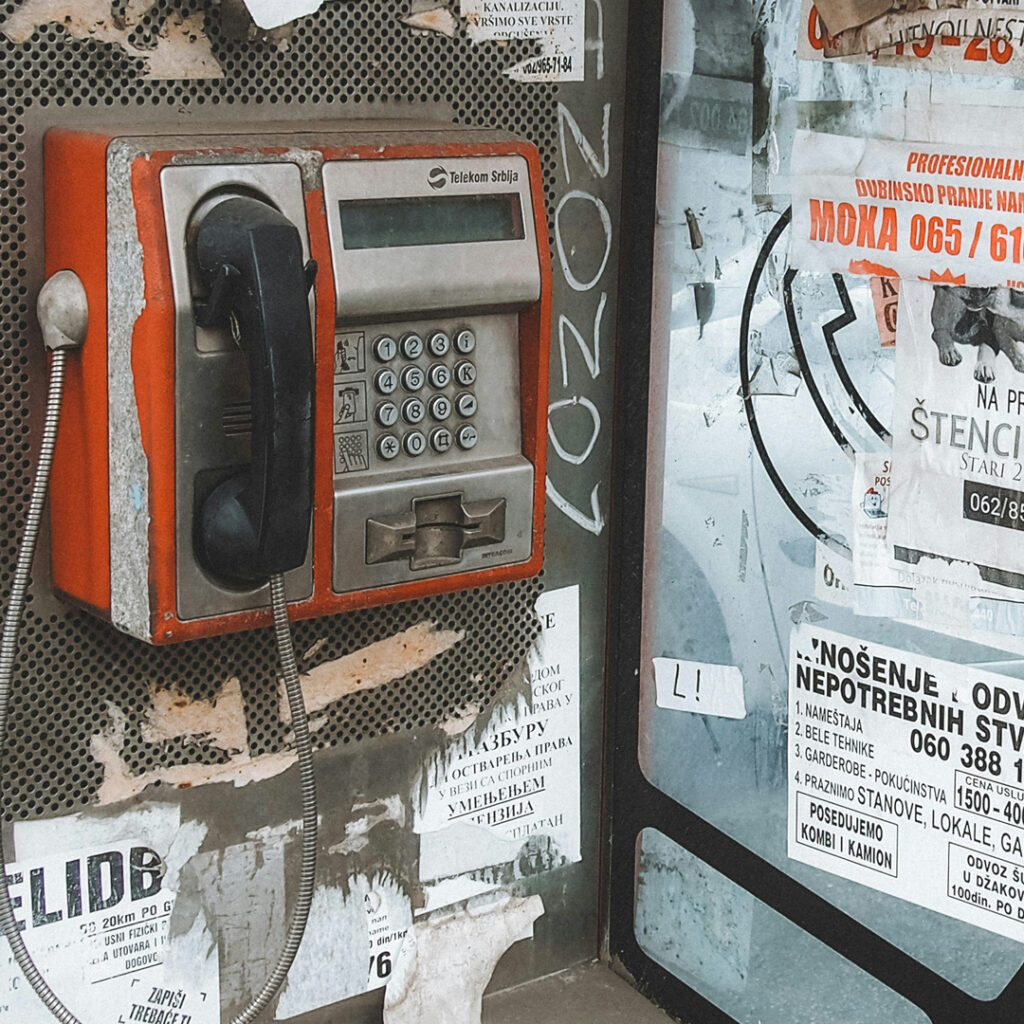If you believed every word of this headline without bothering to fact-check it—you’re not alone. Half of citizens almost never pay attention to media sources, and two-thirds only read the headline and a bit more, according to a CeSID study conducted for Propulsion and USAID as part of the New Literacy program.
Let’s be clear: we’re not digitally illiterate, but we’re far from excelling. The younger the generation, the better their technical skills (we’re “digitally savvy,” as experts say). But how the digital world influences us—shaping our thoughts, attitudes, and ultimately our decisions—that’s where media, information, and digital literacy come in, and there’s plenty of room for improvement.
Over 60% of us use Viber and Facebook, but these averages mostly include older users. While you, as a parent, scroll through Facebook or Instagram in the morning, your kids are on Instagram Stories, Reels (do you even know what that is?), and TikTok, where more than half of Serbian teens have an account. While you “like” posts from close friends and family, your kids follow “unknown people from their generation with entertaining content” who “show life as it is, without sugarcoating”, as kids told the New Literacy program.
If you’re over 30, terms like “influencer” or “TikTok” probably trigger unease and dark premonitions. And why wouldn’t they? Mainstream media, which barely understands these phenomena (and somewhat fears them), only highlights bizarre stories about them.
Take, for example, the 7th most popular TikToker in the Balkans—Luka Bojanović Bojanče from Montenegro, with 630,000 followers (more than Montenegro’s entire population). No Montenegrin media outlet even comes close to that reach. Fortunately, Bojanče understands that he himself is a kind of media, with significant influence and responsibility. These days, he’s working with a student organization to patiently and responsibly educate people, urging Montenegrins to get vaccinated and generally promoting dialogue, understanding, and learning.
Many of his peers, however, were caught off guard by fame, leaving them frozen in the headlights of millions of followers. This hesitation often takes grotesque turns, spilling over into negative influence. To “protect” kids from this, 62% of parents unsuccessfully restrict internet access, while few have any meaningful conversation with their children about online behavior. And when they do, it’s rarely about building trust—more often, it’s demanding passwords or stalking them online, earning the title of “clueless boomers.”
So how can this headline become truly accurate and firmly grounded in reality? The solution is both painfully simple and painfully obvious:
Talk. Listen. Learn from each other—even if you live under the same roof. And don’t be afraid to check a credible source, study, guide, or webinar, because this new era demands completely new media and digital literacy. Programs like ours—novapismenost.rs and medijskapismenost.com—exist for exactly that reason.

